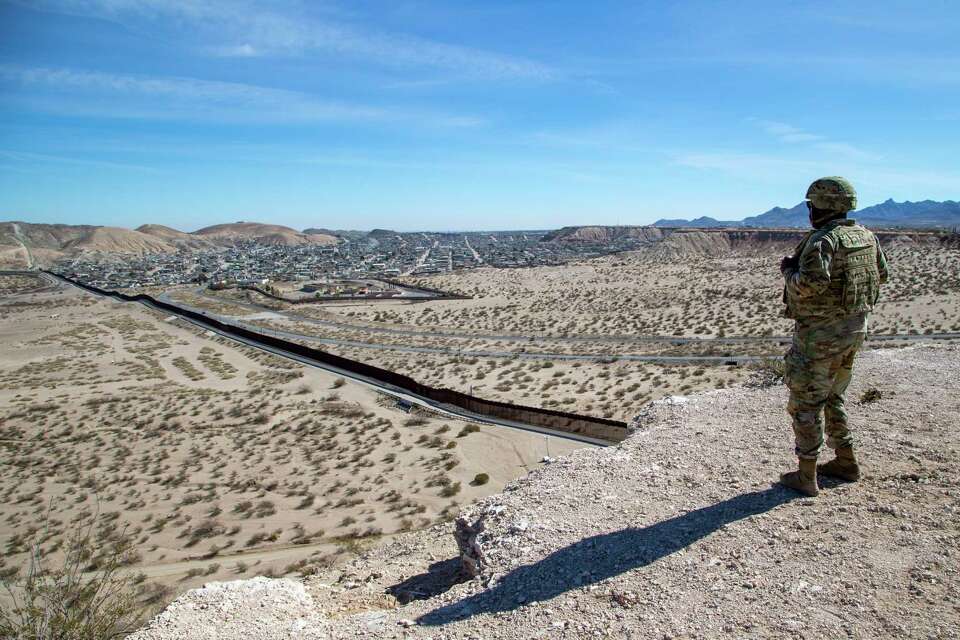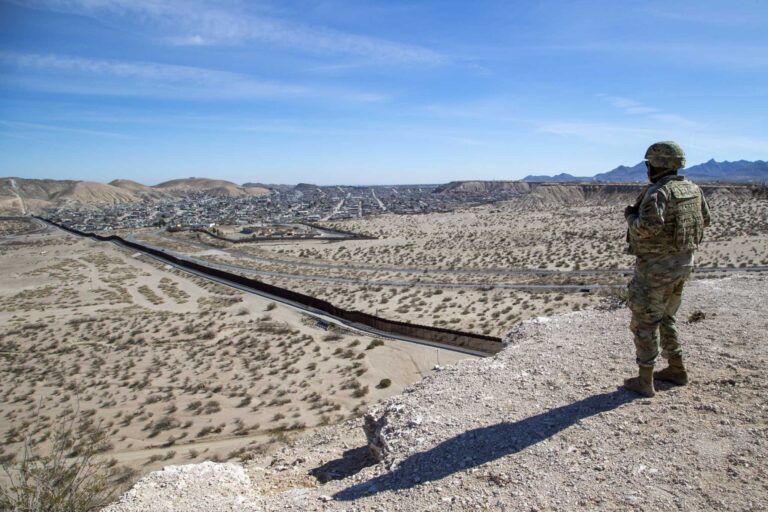The Potential Consequences of Invoking the Insurrection Act

As the Trump administration gears up for its next phase, a critical aspect of its agenda revolves around a pending report from the Department of Defense and Department of Homeland Security. This report, expected within 90 days, will address the potential invocation of the Insurrection Act, urging a reassessment of presidential powers amid claims of border-related emergencies.
Anticipating the Report
Many observers are now closely monitoring this report, recognizing its significance in potentially amplifying presidential power. Concerns loom over how this executive action could facilitate authoritarian measures under the guise of national security, heightening fears over unchecked governing practices.
The Implications of Martial Law
The context surrounding any potential invocation of the Insurrection Act merits examination. Legislative language allows for the declaration of martial law with minimal substantiation; specifically, a mere assertion of “unlawful obstruction” suffices. This framework could echo historical precedents, such as President Eisenhower’s actions during school desegregation in Arkansas.
Given the political climate, disinformation campaigns may serve as the groundwork for such a declaration. Past exaggerated claims, including assertions of foreign gang control over U.S. cities or alarming immigration statistics, could provide a narrative for such drastic measures, framing them as essential law enforcement actions.
Plausible Scenarios and Preparations
Implementing martial law may appear logistically daunting; however, rapid response mechanisms could come into play if the administration views a targeted city as a focal point. For example, Aurora, Colorado—recently subject to extensive political fodder—presents an operationally strategic site already equipped with immigration enforcement resources and military facilities.
Moreover, plans to amplify detention capabilities—potentially reminiscent of the controversial practices seen at Guantanamo Bay—could emerge within this framework. Sites such as former detention centers may be revamped to facilitate mass detentions, raising significant civil rights concerns.
Implications for Civil Liberties
An equally pressing concern lies in the potential overreach towards U.S. citizens. As discussions around citizenship rights evolve, the potential misuse of martial law could lead to violations of civil liberties, manifesting in infringements on personal freedoms. The administration’s inclination to dismiss court rulings could enable a systematic erosion of established norms regarding citizenship.
Consequences of Military Orders
Dissent concerning military involvement in civil affairs draws importance as well. Historical instances where military directives conflicted with governmental ethos highlight significant democratic dilemmas. The preservation of checks and balances remains crucial, particularly with high-ranking military positions potentially filled by individuals who align closely with the administration’s agenda.
The Role of Corporate Influence
Amid these developments, the intersection of corporate interests, particularly concerning technology, raises further questions. The relationship with influential tech leaders might allow unprecedented insights into governmental operations, fostering concerns over privacy and data security as operations expand.
Conclusion
The implications of the potential invocation of the Insurrection Act extend far beyond legal frameworks. They touch upon national security, civil rights, and the integrity of American democracy itself. As debates unfold, vigilance and public discourse will be crucial in safeguarding liberties against the backdrop of executive aspirations and political maneuvering.



